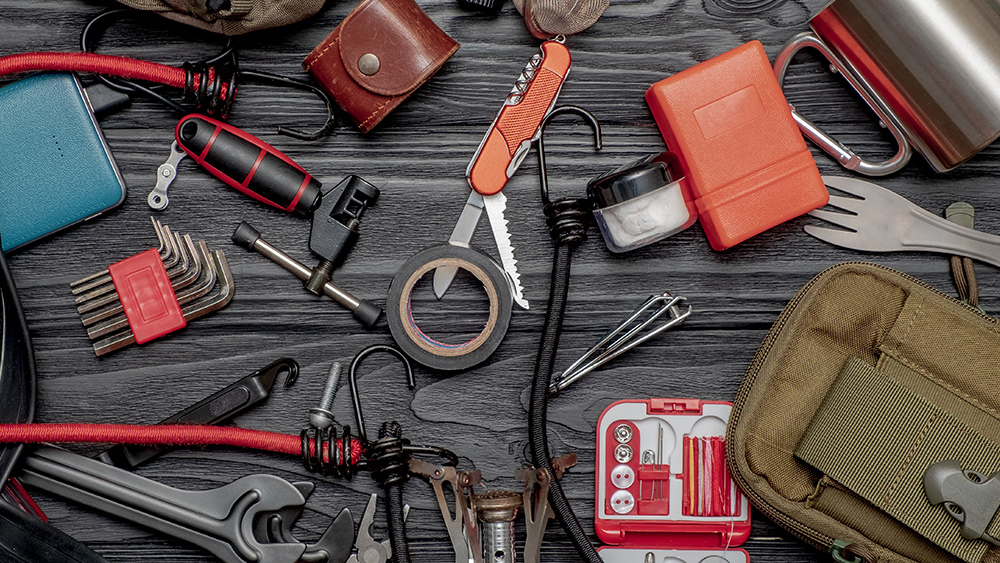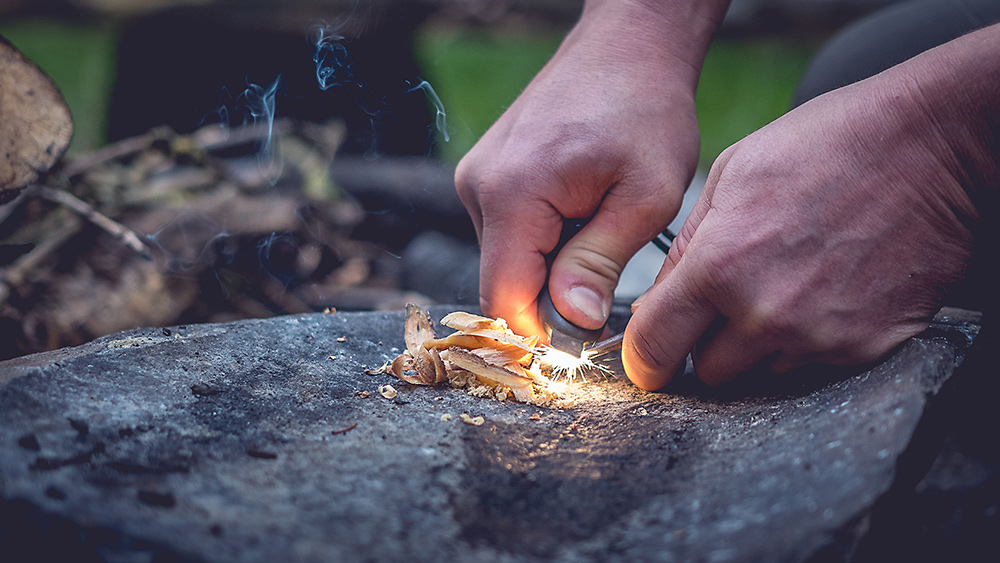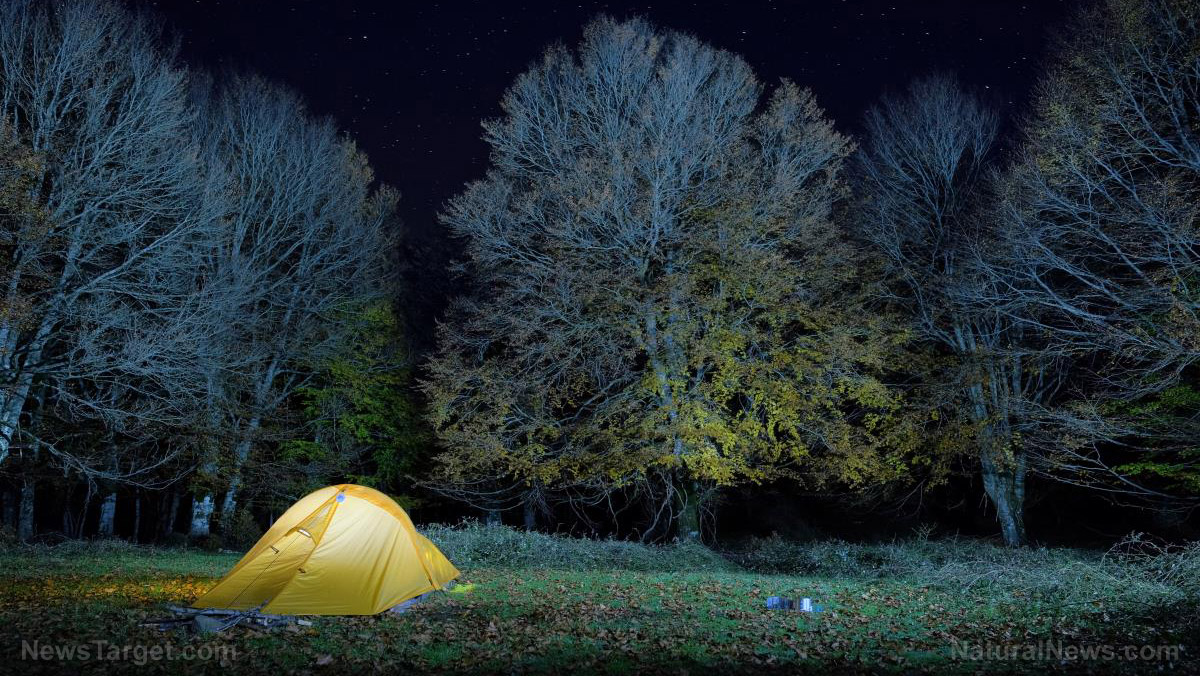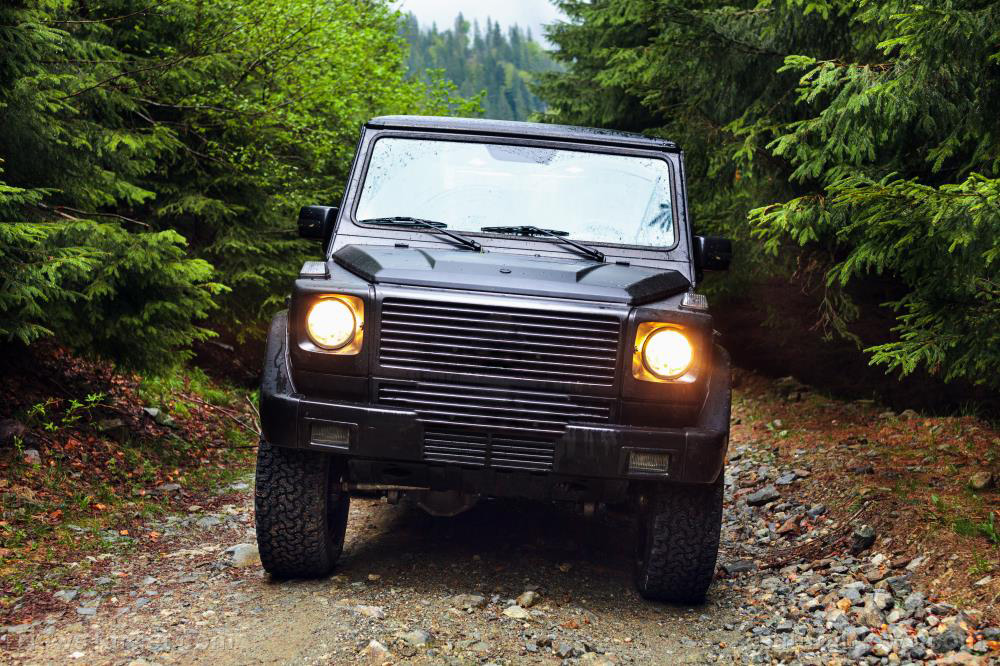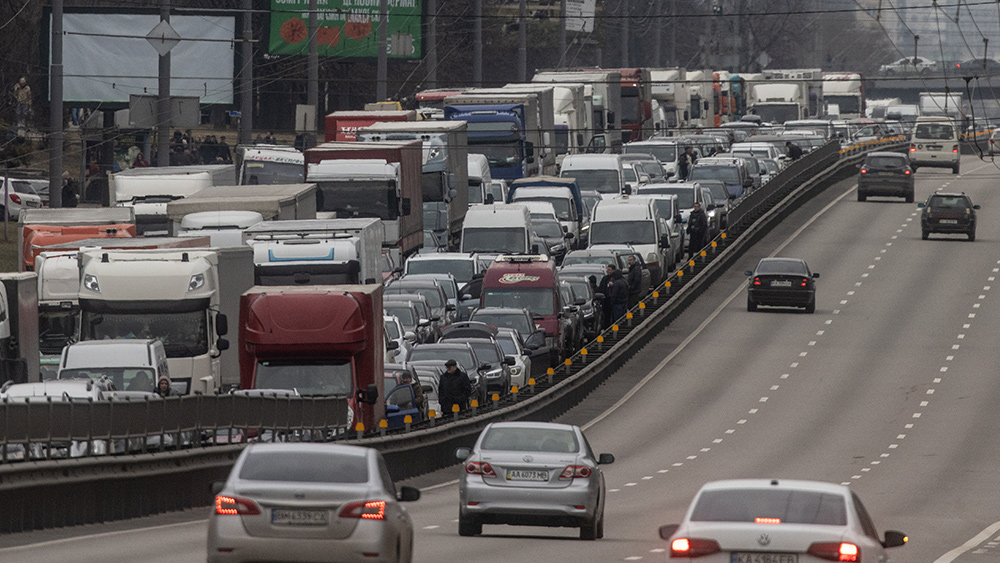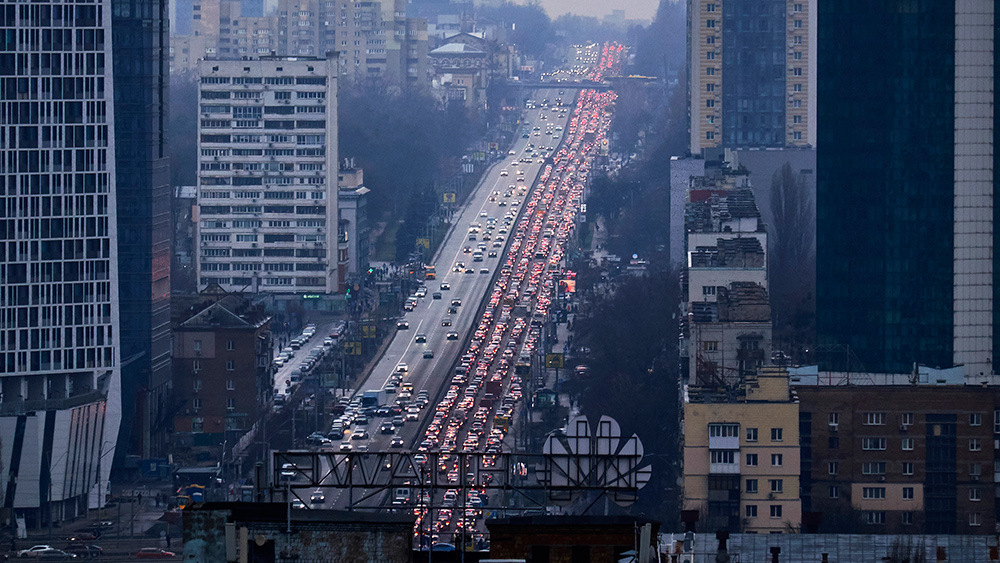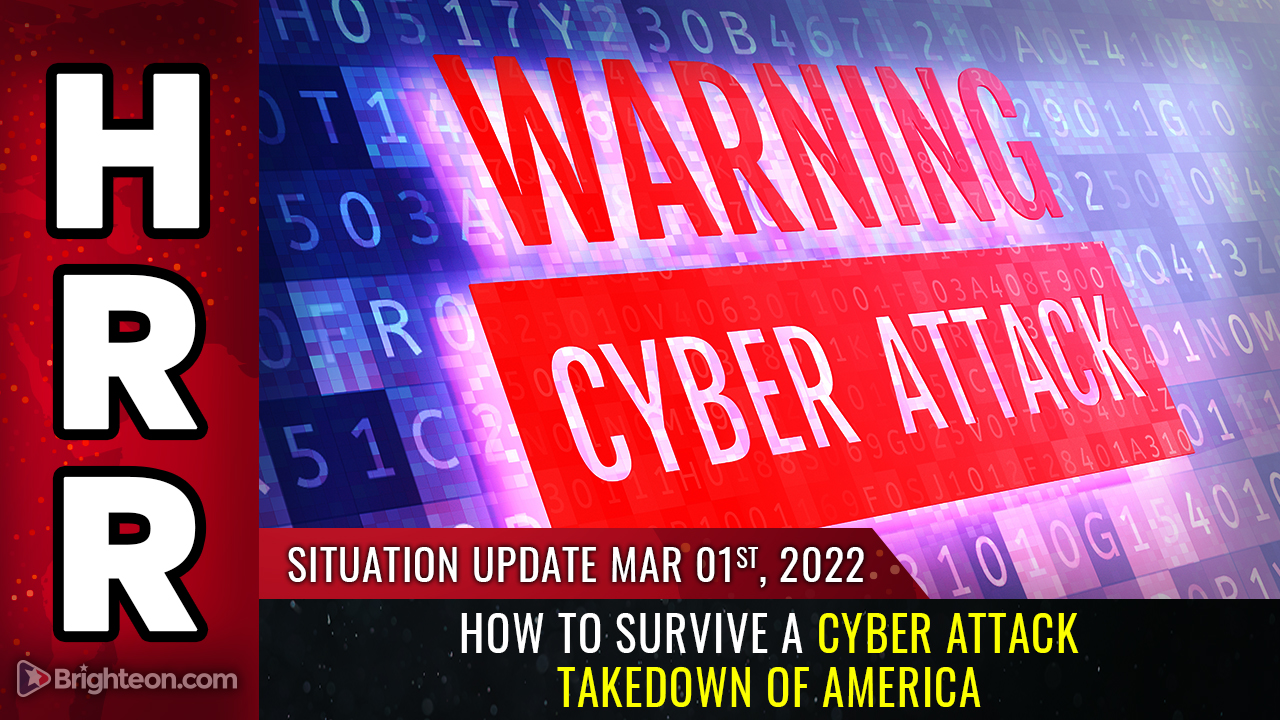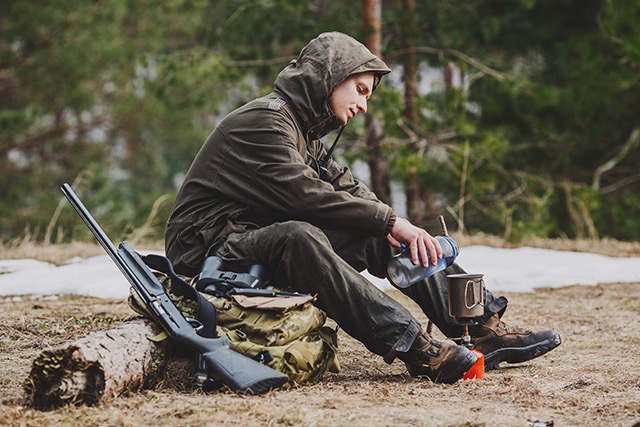
Preppers get a bad rap because of how they are typically portrayed in mainstream media. When people think of "preppers," chances are they think of extremely paranoid, gun-wielding maniacs with too much time and money on their hands.
But that image alone already consists of three myths, just some of the many that people believe about preppers. Ridiculous as they may seem, those myths are damaging to what prepping really means and how it can actually save lives when disaster strikes.
The term "prepping" comes from the word "preparedness." This is why prepping emphasizes building pantries, stocking up on potable water and preparing evacuation plans even if there is no real emergency – yet. Even the best scientists can't predict when disasters will strike. Preppers know that full well, which is why they prep.
Read on to learn about common myths surrounding preppers and to unlearn any misconceptions you may have about preppers: (h/t to SurvivalCache.com)
Myth #1: Preppers sit around waiting for "doomsday" to happen.
Most people think preppers just sit around waiting – even longing – for "doomsday" to happen. But doomsday, or the idea of it, is one of those things that apocalyptic movies and television shows have popularized about preppers. Preppers prepare for bad times, such as for the chaos following a huge disaster. If that's what "doomsday" means, then even non-preppers should prepare themselves for it.
Myth #2: Preppers only prepare for the apocalypse.
Preppers don't just prepare for world-ending scenarios. You can be a prepper and prepare for life-changing disasters like severe floods, hurricanes and earthquakes. Preppers also prepare for everyday events like medical emergencies, car accidents and financial problems. These are things non-preppers prepare for. Preppers are hardly any different.
Plus, being a seasoned prepper doesn't guarantee you'll get through the apocalypse or the complete destruction of the world as we know it. Realistically, you can't really prepare for the end of the world.
Myth #3: Preppers are gun-wielding maniacs.
Most people think preppers are gun-crazed maniacs sitting on caches of firearms and ammunition. As funny as it sounds, this may be the most dangerous and ridiculous myth about preppers. Many preppers live sustainable, off-grid lives, growing their own food and hunting game so they don't starve.
Naturally, preppers who hunt would own firearms. Firearms are also the most effective self-defense tool. When you're living off-grid far from town with little to no neighbors nearby, self-defense tools are something you'd want to invest in. Plus, most people can't afford to buy dozens of firearms and stash thousands of ammo. It's not the smartest thing to go and burn your prepping budget on firearms, and preppers are well aware of that.
Myth #4: Preppers are paranoid.
Preppers aren't paranoid conspiracy theorists who see danger everywhere they go. On the contrary, prepping is something that requires a great deal of level-headedness. For example, building an emergency stockpile requires setting aside money for that and being smart about what to buy. Plus, many preppers are usually well-informed about local, national and international news. Staying up-to-date is one of the many ways they prepare for possible disasters and other future events.
Myth #5: Preppers live in impenetrable fortresses.
The smartest preppers are the ones you'd never think of as preppers. A huge, impenetrable bunker goes against that. And even though an impenetrable fortress would be very helpful in case of a hurricane, earthquake or societal collapse, it's simply too expensive for most preppers to afford.
Therefore, it's highly unlikely you'll find preppers living in impenetrable fortresses or behind fortified walls.
Myth #6: Preppers have impenetrable bunkers or missile silos.
The idea that every prepper has a bunker or missile silo at the ready is another thing that apocalyptic movies or television shows have popularized. As is the case with impenetrable fortresses, bunkers and missile silos are simply too expensive for the average prepper to afford.
For many preppers, a safe, secondary location they can go to in case of an emergency is a friend's or a family member's house, not a military bunker.
Myth #7: Preppers hoard and cause shortages.
Bulk-buying supplies require a great deal of money, money that the average prepper doesn't have. Believe it or not, most preppers slowly build their stockpiles over a period of time, buying an extra toilet roll or two when they have money to spare. Preppers don't prep so hard they run out of money. It's not a smart thing to do.
Plus, it makes no sense to blame the occasional food or product shortage on preppers. Preppers have stockpiles during normal times and during crises. That's what makes them preppers. Therefore, shortages have more to do with supply chain issues than preppers buying extra food and other supplies for their emergency pantries. (Related: Food supply 101: Top 12 cheapest foods to stockpile.)
Follow Preparedness.news to learn more about the basics of prepping.
Sources include:
Please contact us for more information.















